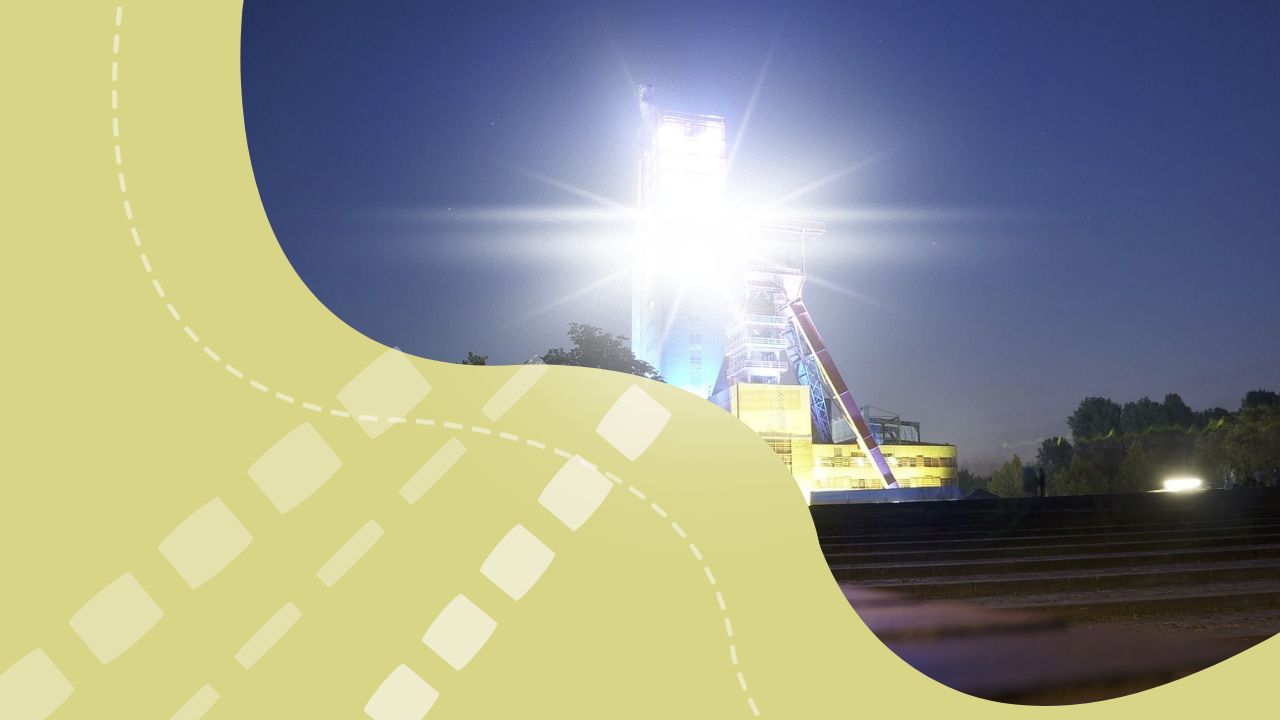Fans of Apple’s titanium-cased iPhones need not worry about a material shortage. Although Russian President Vladimir Putin has suggested capping exports of titanium in response to Western sanctions, China remains Apple’smain supplier, ensuring that the company will not need to switch back to stainless steel. However, the European aerospace sector faces more significant challenges. VSMPO-AVISMA, the world’s largest titanium producer, supplies a considerable portion of the European market, and while Europe has restricted imports of many Russian metals, titaniumhas remained largely unaffected by these sanctions.
In February, when Canada imposed sanctions on VSMPO-AVISMA, French President Emmanuel Macronpersonally intervened to secure waivers for Airbus and other aerospace companies, illustrating the deep reliance on Russian titanium. This dependency is difficult to break because titanium is a critical component in aircraft manufacturing due to its strength, light weight, and corrosion resistance.
Europe’s problem is compounded by the fact that it lacks significant domestic capacity for producing aviation-grade titanium, which requires extremely high purity levels and specialized accreditation from aircraft manufacturers like Airbus and Boeing. As a result, Europe risks replacing its dependence on Russia with a reliance on U.S. titanium suppliers, especially since the U.S. receives nearly 70% of Europe’s titanium scrap.
Breaking this transatlantic loop is crucial as the European Union’s Critical Raw Materials Act sets ambitious goals for domestic extraction and recycling by 2030. While Ukraine may offer a potential future supply of titanium, European recycling capabilities must be expanded to meet the short-term demand. Government-level negotiations between Europeand the U.S. are likely needed to reshape the titanium supply chain.


